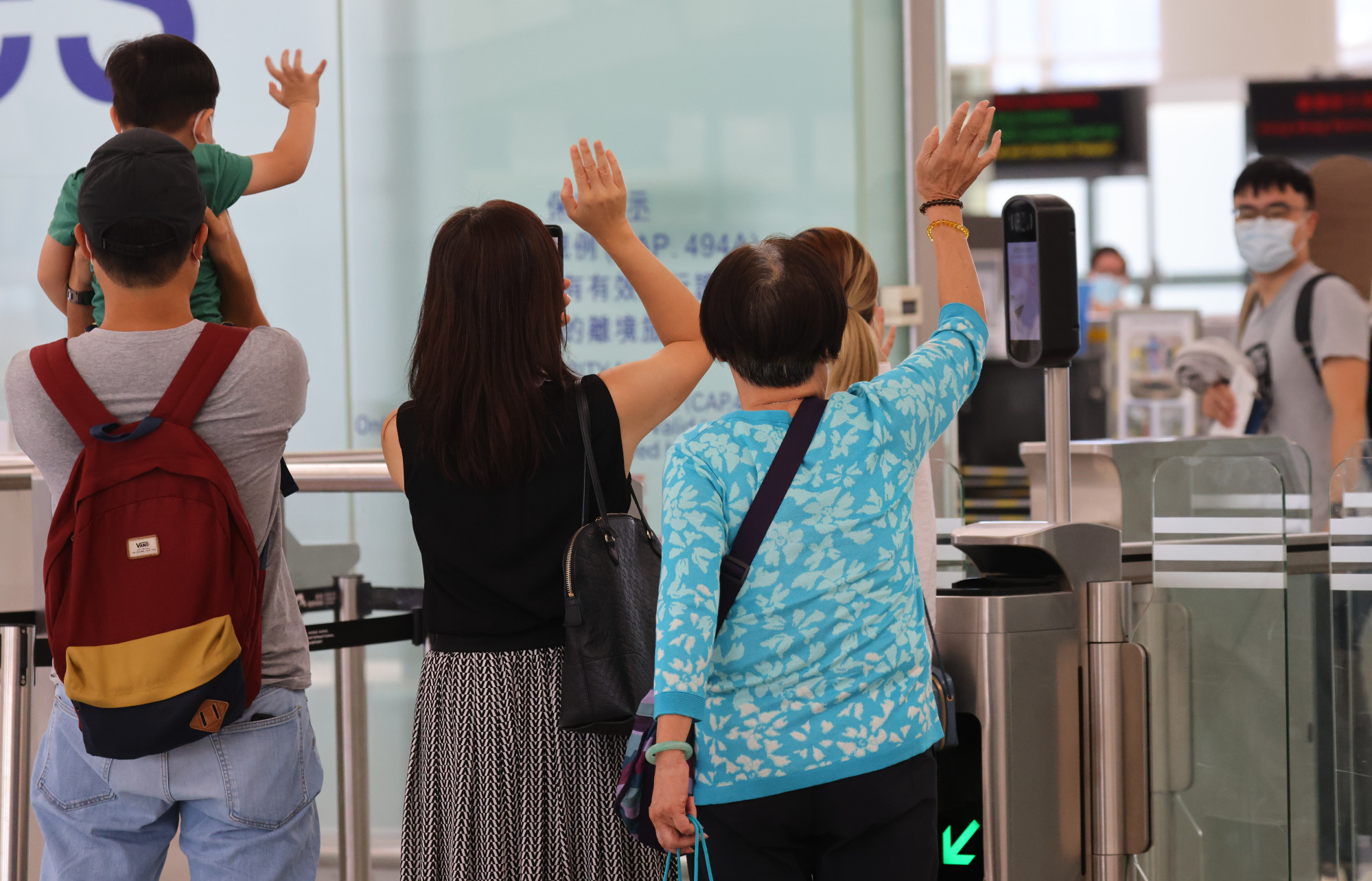
In the hunt for global talent, don’t forget Hong Kong’s own overseas students, and local workers
- Young Hongkongers who study abroad are highly-skilled, bilingual, and possess both local knowledge and international experience, and should not be overlooked
- It is also important to nurture and retain local people, who, despite all the upheavals, have chosen to stay in the city
With no data collected on residents emigrating from the city (the government census records the number of Hong Kong residents staying in the city for less than one month in a 12-month period, regardless of their reasons), the government lacks key information, such as age or occupation, to provide an accurate picture of the outflow of human talent.
Given that bilingual (Mandarin/Cantonese and English) language proficiency and specialised local training are required or useful for most of these jobs, the question is: is tapping foreign talent the solution to Hong Kong’s immediate manpower shortage?

No doubt, Hong Kong must equip itself to compete in the global technology race, hence investment in industries of strategic importance is crucial, and incentives to attract highly skilled workers in the innovation and technology sector are needed if such talent is not available at home.
Yet we should not lose sight of the importance of nurturing and retaining local people, who, despite all the upheavals over the past few years, have chosen to stay in the city.
Corporations should also step up investment in existing employees and be more open-minded in promoting capable local employees, while continuing to encourage diversity in background and experience within their businesses.
It would be unfortunate if Lee were to indiscriminately treat young Hong Kong people studying abroad as those without, as he describes it “an affection for our country and for Hong Kong” and exclude them from his development plan for the city.
These young graduates, with bilingual language capability, international exposure, and even specialised training in some cases, are a source of human capital that can contribute to Hong Kong’s development. Excluding them would be a big mistake.
To keep talent, Hong Kong must become a truly inclusive, diverse society
Corporations could arrange more internship opportunities for local and overseas Hong Kong students to give them a taste of the industry. Meanwhile, the government’s overseas economic and trade offices can work with private firms to organise recruitment fairs that target Hong Kong graduates. Setting up a one-stop online platform to promote and advertise graduate job opportunities would also be helpful.
Dr Yvette To is a postdoc in the Department of Public and International Affairs at City University of Hong Kong


